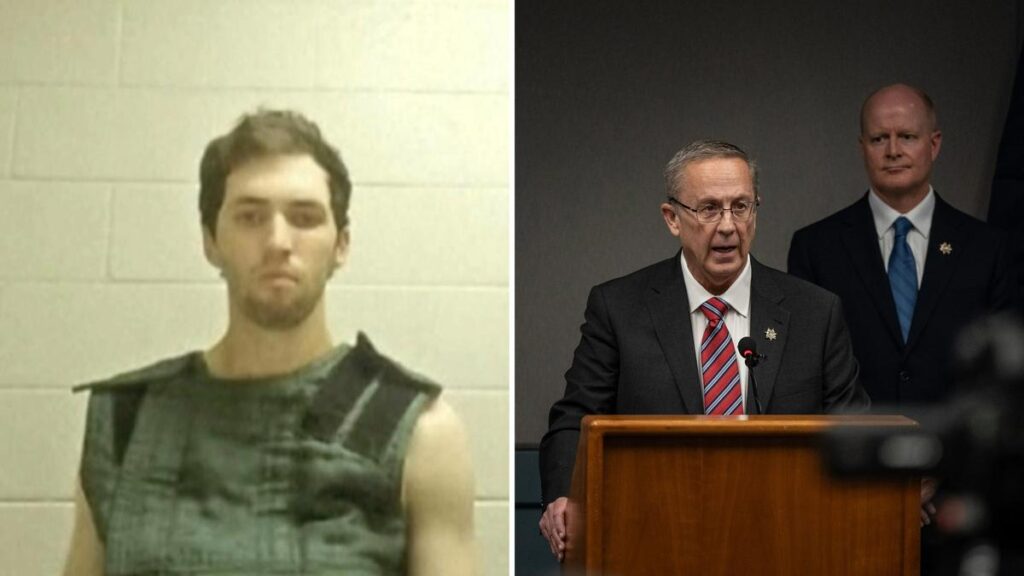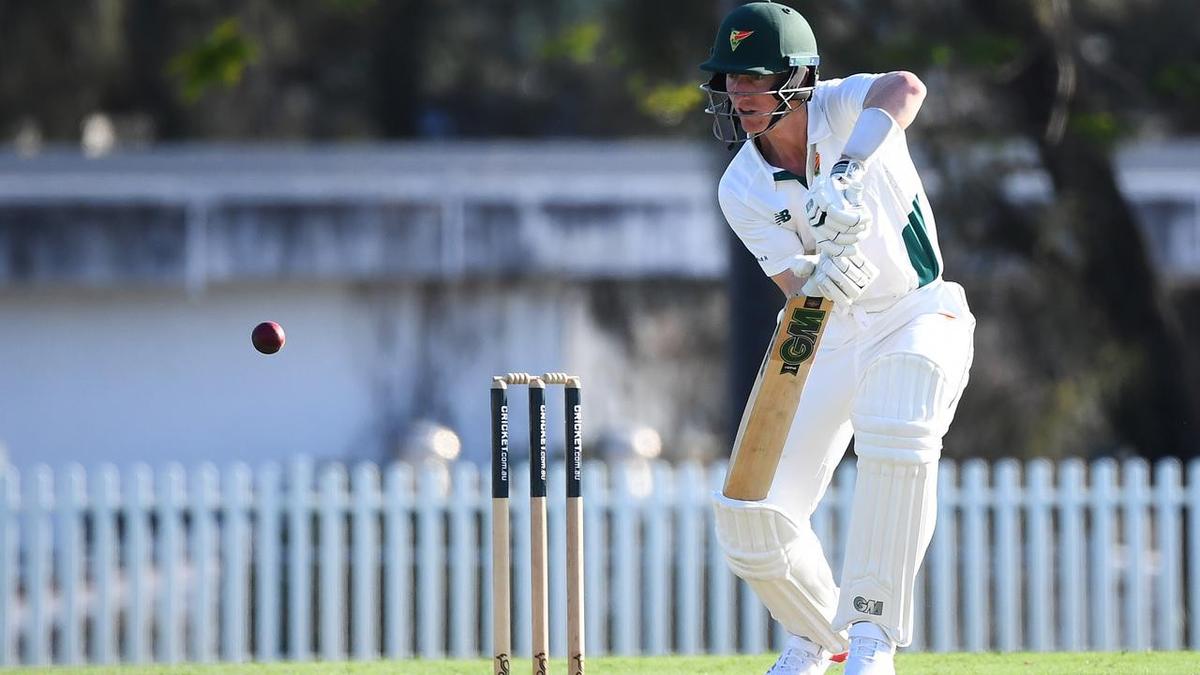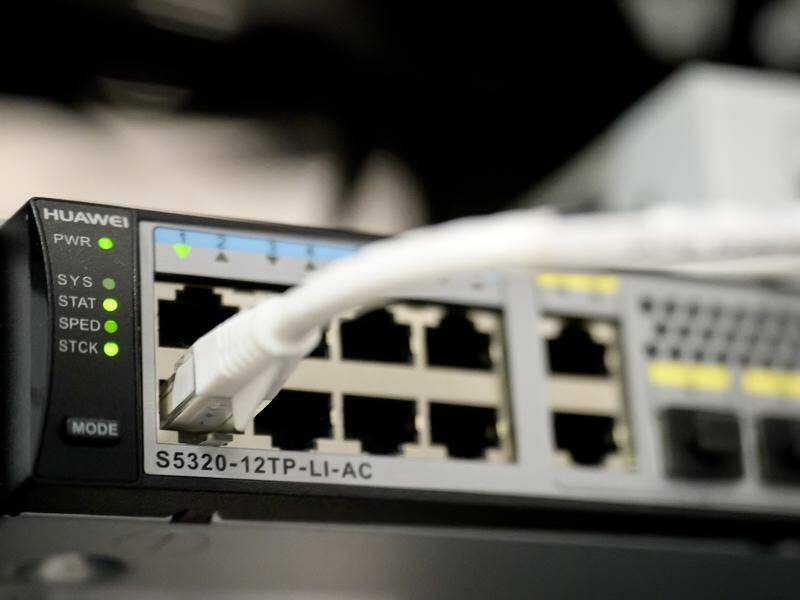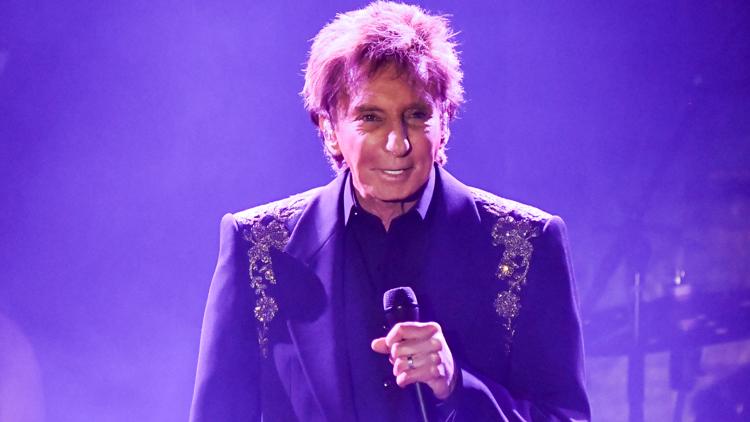
Utah prosecutors have announced plans to seek the death penalty for Tyler Robinson, with text messages allegedly showing him confessing to the murder of prominent conservative activist Charlie Kirk.
Utah prosecutors announced on Tuesday that they will pursue the death penalty for Tyler Robinson, the individual charged with the murder of prominent conservative activist Charlie Kirk. The 22-year-old from St. George, Utah, allegedly confessed to his partner that he shot Kirk out of frustration with what he described as Kirk’s “hatred.” This shocking incident occurred on September 10, 2025, during a speaking engagement at Utah Valley University.
At a press conference, Jeff Gray, the Utah County attorney, detailed the events leading to Robinson’s surrender and the involvement of his family. The murder of Kirk, aged 31, has sent ripples through national politics, drawing attention from high-profile figures, including President Donald Trump. Trump and his advisors have threatened to take action against what they perceive as a left-wing network that incites violence. In response to criticism regarding the potential criminalization of protected speech, Attorney General Pam Bondi clarified her statements, asserting that her focus is on hate speech that crosses into threats of violence.
During a brief court appearance via video link from jail, Robinson was charged with aggravated murder, which carries the possibility of the death penalty. Prosecutor Gray emphasized the severity of the crime, noting that Robinson endangered others by firing a weapon in a crowded venue and specifically targeted Kirk due to his political beliefs. Gray stated, “Kirk was killed while engaging in one of our most sacred and cherished American rights — the free exchange of ideas.”
In addition to the murder charge, Robinson faces allegations of witness tampering and obstruction of justice. Authorities claim he instructed his partner to delete messages and refrain from cooperating with investigators. Despite this, the partner provided crucial evidence, including a text message from Robinson, which revealed his intent before the shooting. According to court documents, he texted, “I had the opportunity to take out Charlie Kirk and I’m going to take it.”
Robinson’s political motivations are underscored by his background. He reportedly grew up in a Republican household but shifted his views over the past year towards more progressive stances, including support for LGBTQ rights. Investigators have noted that Robinson’s partner is transitioning from male to female, suggesting that Kirk’s public opposition to transgender rights may have influenced Robinson’s actions.
Robinson’s family began to suspect his involvement shortly after the FBI released surveillance footage of the shooter. His mother recognized a resemblance and reached out to him, only to receive a response claiming he was home sick on the day of the shooting. Subsequently, they contacted a retired deputy sheriff who helped facilitate Robinson’s surrender. He was apprehensive about being captured and ultimately agreed to turn himself in peacefully.
When he arrived at the sheriff’s office, Robinson appeared “quiet and somber,” expressed a desire for legal representation, and indicated he was aware of the impending consequences of his actions. His next court date is scheduled for September 29, 2025.
In related developments, Pam Bondi’s remarks regarding “hate speech” sparked backlash after she suggested targeting protesters who engage in such speech. Critics, including conservative commentators, pointed out that the First Amendment protects a wide range of speech, regardless of its offensiveness. Bondi later clarified her position, stating that only hate speech that poses a threat of violence is not protected.
Authorities are also investigating a separate incident involving George Zinn, a 71-year-old who falsely claimed responsibility for the shooting shortly after it occurred. Zinn was arrested for obstruction of justice and is facing additional charges related to sexual exploitation of a minor. A judge has ordered him held without bail, citing him as a “substantial danger” to the community.
As the investigation unfolds, the implications of Kirk’s murder continue to resonate within the political landscape, prompting discussions about free speech, political rhetoric, and the responsibilities of public figures.






